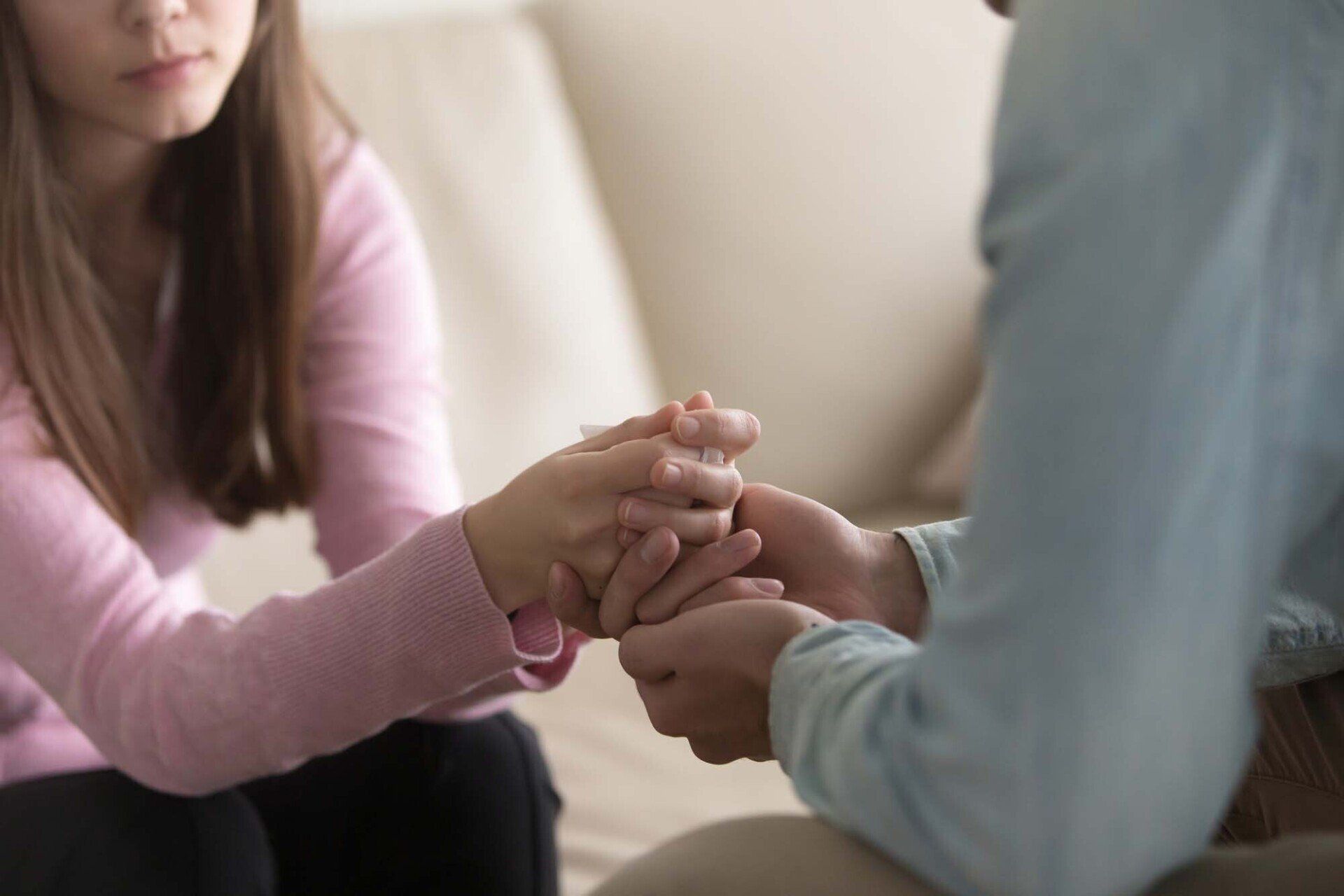Grief Support
The Grieving Process
Every person has their own unique way of coping with the loss of a loved one. Although the grieving process varies for each individual, there are common emotions experienced as we strive to heal from our loss.
The various emotional responses during the grieving process are often referred to as "stages." These stages are not restricted to a specific timeline, and individuals may not progress through these stages in a linear or orderly manner. Stages can last for minutes or hours, and it is common to move in and out of one stage before transitioning to another, and even cycle back to a previous stage. This process may be repeated several times as you work through your grief.
Five commonly observed stages experienced during the grieving process include denial, anger, bargaining, depression, and acceptance.
Initially, you may experience detachment, shock, or numbness. You might even question why you are not more upset over your loss. This sense of disconnection is a survival response, serving as nature's way of helping you continue to function at a basic level while under extreme stress. Denial unconsciously enables you to carry on with your life in the days following your loss.
Anger creates a connection from the initial numbness of grief. You may find yourself feeling angry at doctors, your family, the deceased, or even God. Anger is an essential stage in the healing process, as it is connected to your pain. The more you genuinely allow yourself to feel anger alongside your pain, the more it will subside, and the more you will heal.
Before and after a loss, you may feel as if you would have done anything to spare your loved one. "If only" and "what if" become recurring thoughts. Guilt often accompanies bargaining, leading you to wonder if you could have done anything differently to prevent your loved one's death. You may second-guess doctors and yourself, or revert to dwelling in the past to avoid the present pain.
Following bargaining, feelings of emptiness and grief emerge at a deeper level. This depression is not indicative of mental illness; rather, it is an appropriate response to significant loss. When the loss fully settles within your soul and you realize your loved one is not returning, deep sadness (depression) is a normal response. Not experiencing depression after a loved one's death would be highly unusual. Depression is a necessary step towards healing.
As you transition into the acceptance stage of grief, you come to terms with your loss. At this point, the loss becomes a part of your story and history, no longer dominating your life as it initially did. With acceptance comes increased peace, and as you progress through this stage, you will regain interest in and enjoyment of the activities you once loved. You may develop new interests and relationships and learn to live with your loss in a constructive and healing manner.
How long will I feel this way?
Each person's grief is unique, and so is their path towards healing. While there is no definitive timeframe for completing the grieving process, many experts agree that it is not uncommon for it to take at least a year to move through the stages of grief.
Complicated Grief
The duration of the mourning process can be influenced by your relationship with the deceased, the support you receive, and other factors.
The healing process may be disrupted or delayed if other events or traumatic losses have previously occurred in a person's life. This can be especially true if the other loss is relatively recent or has never been fully processed. This grief experience is known as "complicated grief." Individuals dealing with this type of grief may benefit from working with professionals trained in addressing complex grief issues.
If, after some time has passed, you find your grief is still persistent and disruptive to the point where it impacts your daily functions, please seek professional counseling.
Feel free to visit our grief resources and children & grief pages for websites and information to help you and your family during this challenging time.



